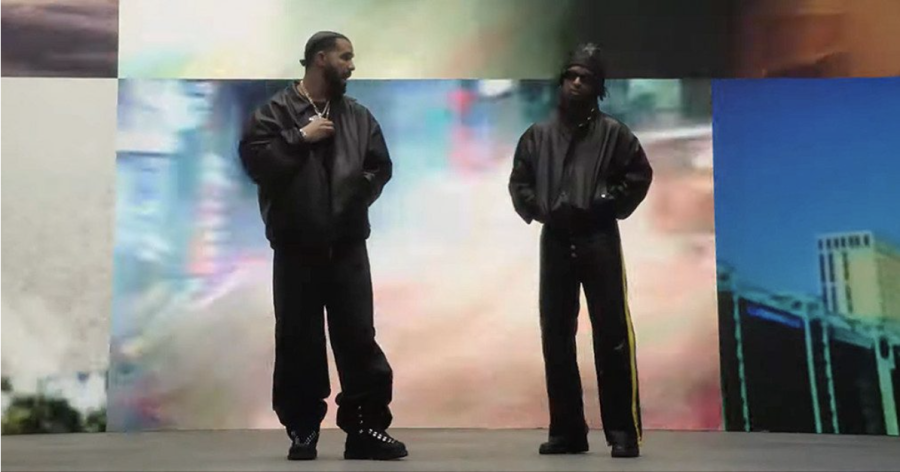Words: Maryam Elhabashy
If you were to go out on any normal day and ask someone at random how many friends they have, they would most likely respond with a question: “What do you mean? Facebook? Twitter? Instagram? Tumblr?” It seems that in the modern world, most people don’t have an absolute number of “friends.” People have forgotten what the term “friend” even means. So what is a friend? A friend is a person attached to another by feelings of affection or personal regard. Now you can look back at all of your social media followers – how many of them do you actually know? Furthermore, how many of them do you actually like?
According to Edison Research, the average number of friends a person has on Facebook is 303. Anthropologist Robin Dunbar, creator of Dunbar’s number suggested that the average person is capable of maintaining 150 stable relationships. Dunbar’s number is a theoretical limit to the number of people with whom any individual is able to sustain a stable or meaningful social relationship, a correlation between primate brain size and average social group size. This indicates that at least half of the 303 followers you might have on Facebook aren’t even your friends. If they aren’t your friends who are they? Why do they have the right to see all of the things you are posting about your daily life if they’ve never had anything to do with it? The best answer to this is egomania.
The followers a person accumulates creates an artificial, temporary confidence. The more “friends,” the more “confidence.” This confidence is built on bricks of social media that don’t deserve the term “confidence.” However, everyone can relate to that exhilarating feeling when your phone is blowing up with extol. However, the world isn’t all rainbows and butterflies. I know people who receive multiple likes and comments via Facebook. But a single comment makes them so upset I receive a phone call that transforms into talk therapy – “confidence” should not deflate completely that quickly. Apparently, people don’t understand that there is will always be someone that doesn’t like you. When someone can only judge you on social media posts, they have free reign over judgment. Almost every time I speak about an actual friend, at least one person in the group will scour at the mention of their name. “Well then! Do you even know them?” The trademark reply is often, “No, but I follow them on Facebook, and they literally post everything they do! It’s annoying!” I rarely convince them that my friend is actually nice; that who they are on Facebook isn’t necessarily who they are in real life.
Otherwise, social media is a waste of time more than it is anything else. In July of 2012, Americans spent 230,060 years on social media in that month alone. According to the Wall Street Journal, the average time spent on Facebook is nearly seven hours. It has come so far that studies prove that people’s bodies react to tweets and Facebook posts the same way they react to actual interaction. What does this mean about society? What might happen in the future? Like in most other situations, we won’t realize the problem until we personally feel the effects; so, the future really is in our hands.




